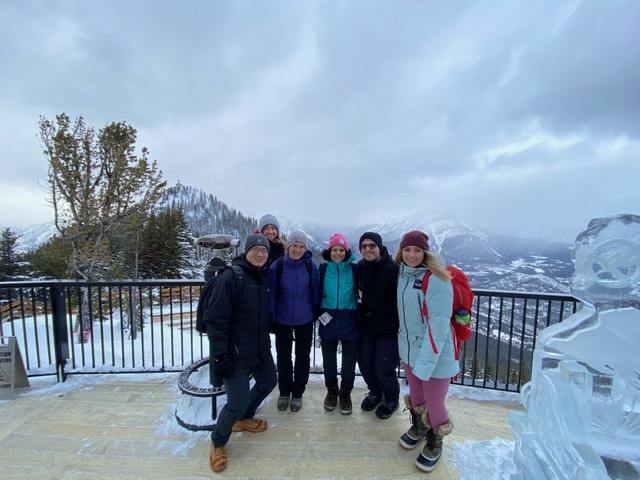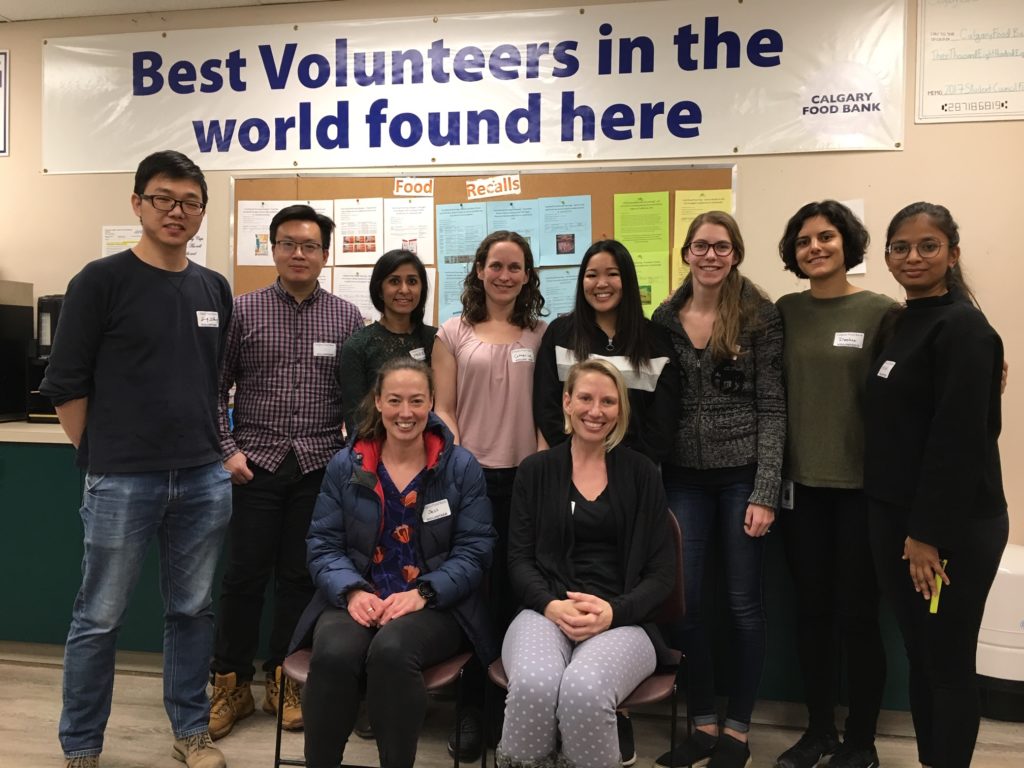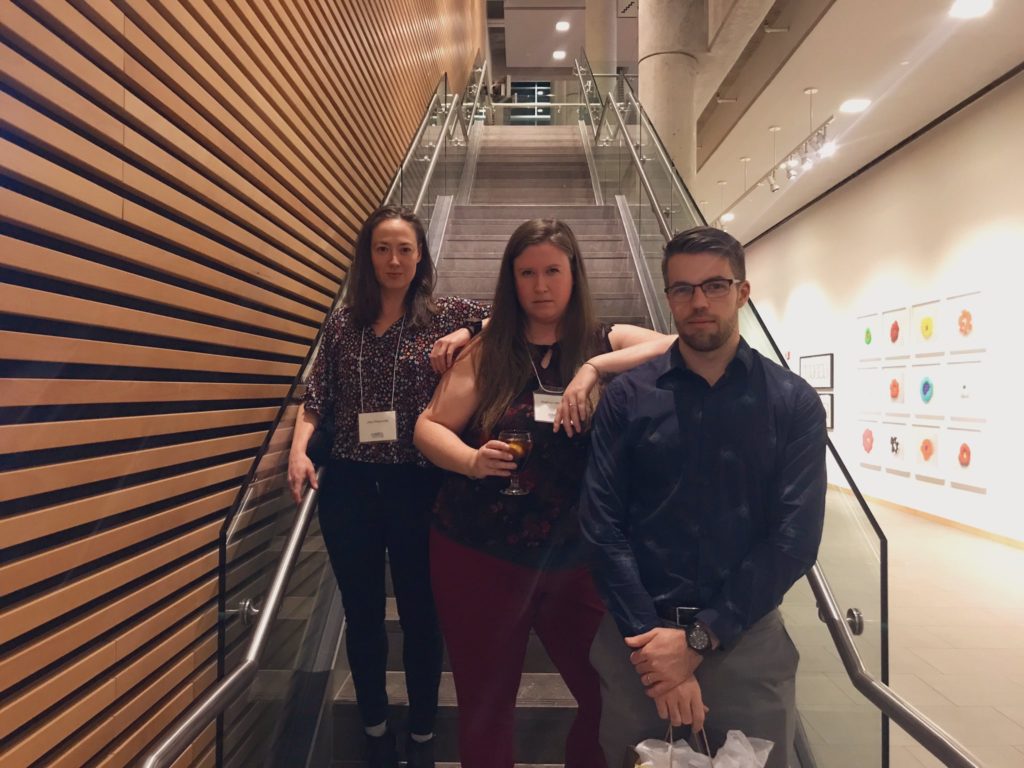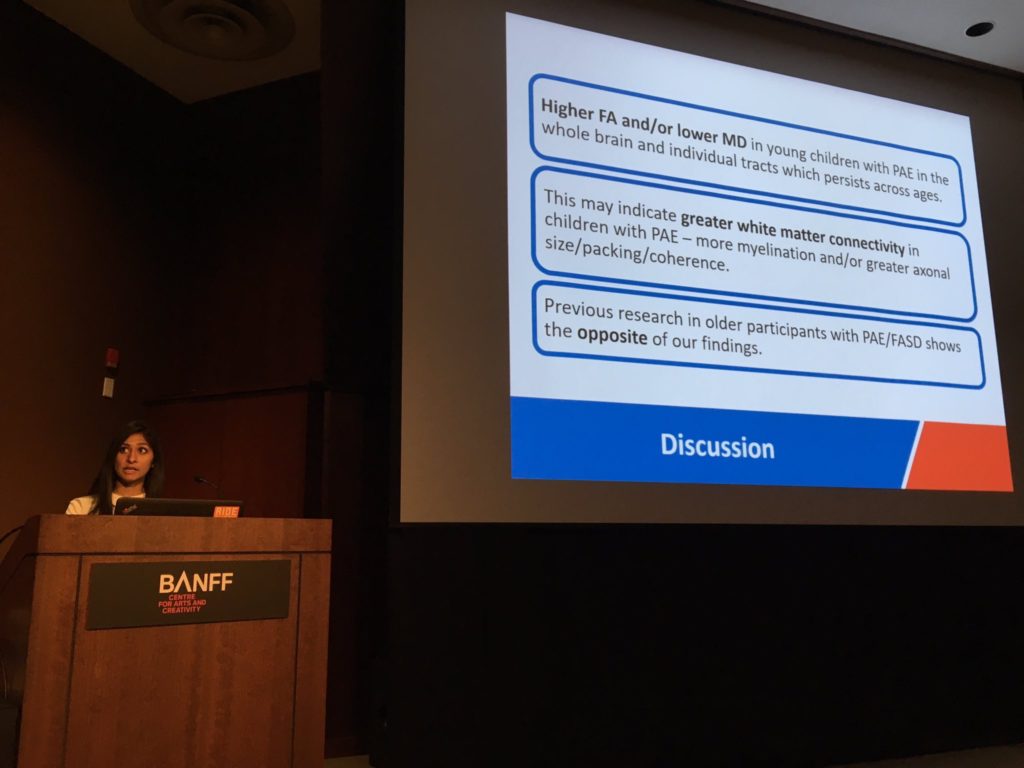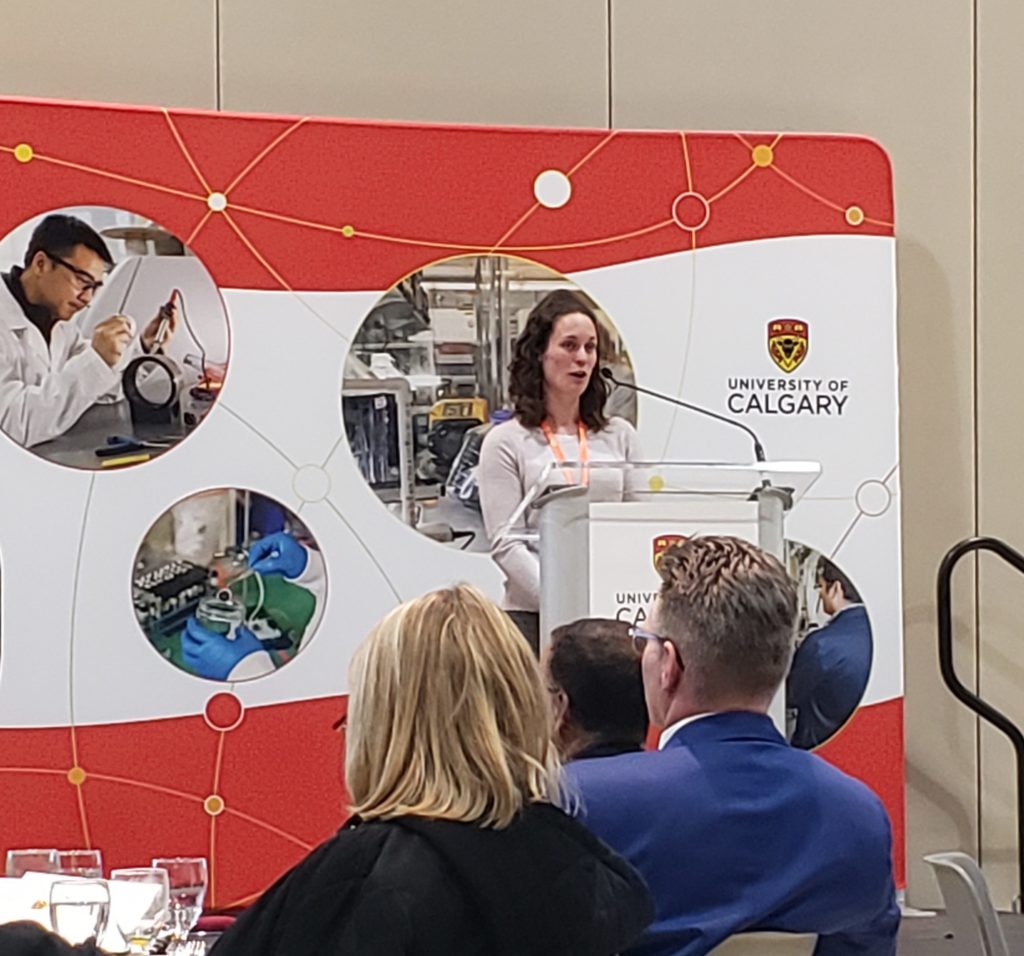March 26, 2020 | Uncategorized |
Postdoctoral Scholar Position in Clinical or Counselling Psychology and Brain Imaging
Postdoctoral Scholar in Clinical or Counselling Psychology and Brain Imaging
Area: Cumming School of Medicine, Departments of Pediatrics and Community Health Sciences
Duration: Two years, contingent on successful performance and funding.
Salary: $50,000 – 60,000/year, depending on experience, plus Plan C health benefits through Alberta Blue Cross.
The Cumming School of Medicine (Departments of Community Health Sciences and Pediatrics) at the University of Calgary is seeking a postdoctoral scholar to work in the area of brain imaging and child mental health.
Job Description: Our team is recruiting a scholar to become part of an active and innovative research program funded by CIHR that focusses on links between gut microbiota, brain function, and mental health in children and youth. The scholar’s work will focus on brain imaging and mental health; however, the work and opportunities are interdisciplinary. The scholar will collaborate with other postdoctoral scholars who are experts in nutrition and gut microbiota.
The source data for the scholar’s work will be an ongoing cohort study (PI Giesbrecht) that has been funded until 2025 by grants from CIHR. We have already assembled sufficient data to address several questions related to brain imaging and early childhood exposures. The scholar will have immediate access to this data while additional data collection is ongoing. In addition to a focus on data analysis, writing manuscripts, and learning new skills related to child development, the scholar will have opportunities to contribute to new data collection with children and adolescents age 9-14 years, and to designing new projects for further follow-up.
Qualifications:
Applicants must hold an MD or a PhD and have expertise in brain imaging and clinical or behavioral assessment
Applicants must be 3 years or less post completion of their doctoral degree
Desired qualifications also include experience with (or training in) experimental and longitudinal research design and analysis
Applicants are required to have demonstrated capacity to work effectively in a collaborative and interdisciplinary environment
Fellows are expected to engage in full-time research activities and actively engage in the University
of Calgary’s professional development program as opportunities are being offered
The successful scholar will be strongly encouraged to apply for national/international awards
Application details:
The postdoctoral scholar will be supervised by Dr. Gerry Giesbrecht in the Developmental Psychobiology Laboratory https://ucalgary.ca/devpsychlab/, and Dr. Catherine Lebel in the Developmental Neuroimaging Lab, https://www.developmentalneuroimaginglab.ca/. For more information, or to apply, please send your CV and cover letter to Dr. Gerry Giesbrecht (ggiesbre@ucalgary.ca).
Our research group is committed to enhancing and supporting equity, diversity and inclusion. Applicants from diverse backgrounds, including age, disability, ethnicity, gender, gender identity, language, national origin, race, religion, culture, pregnancy, marital status, sexual orientation, and socioeconomic status, are encouraged to apply. Our commitment is demonstrated in our academic work, clinical training, and research.
About the University of Calgary
The University of Calgary is a leading Canadian university located in the nation’s most enterprising city. The university has a clear strategic direction to become one of Canada’s top five research universities by 2016, where innovative teaching and groundbreaking research go hand in hand, and where we fully engage the communities we both serve and lead. The strategy is called Eyes High, inspired by our Gaelic motto, which translates to ‘I will lift up my eyes.’
To succeed as one of Canada’s top universities, where new ideas are created, tested and applied through first-class teaching and research, the University of Calgary needs more of the best minds in our classrooms and labs. We’re increasing our scholarly capacity by investing in people who want to change the world, bringing the best and brightest to Calgary to form a global intellectual hub and achieve advances that matter to everyone.
About Calgary
Named a cultural capital of Canada and one of the best places to live in the world, Calgary is a city of leaders – in business, community, philanthropy and volunteerism. Calgarians benefit from the strongest economy in the nation and enjoy more days of sunshine per year than any other major Canadian city. Calgary is less than an hour’s drive from the majestic Rocky Mountains and boasts the most extensive urban pathway and bikeway network in North America.
All qualified candidates are encouraged to apply; however, Canadians and permanent residents will be given priority. The University of Calgary respects, appreciates, and encourages diversity.

